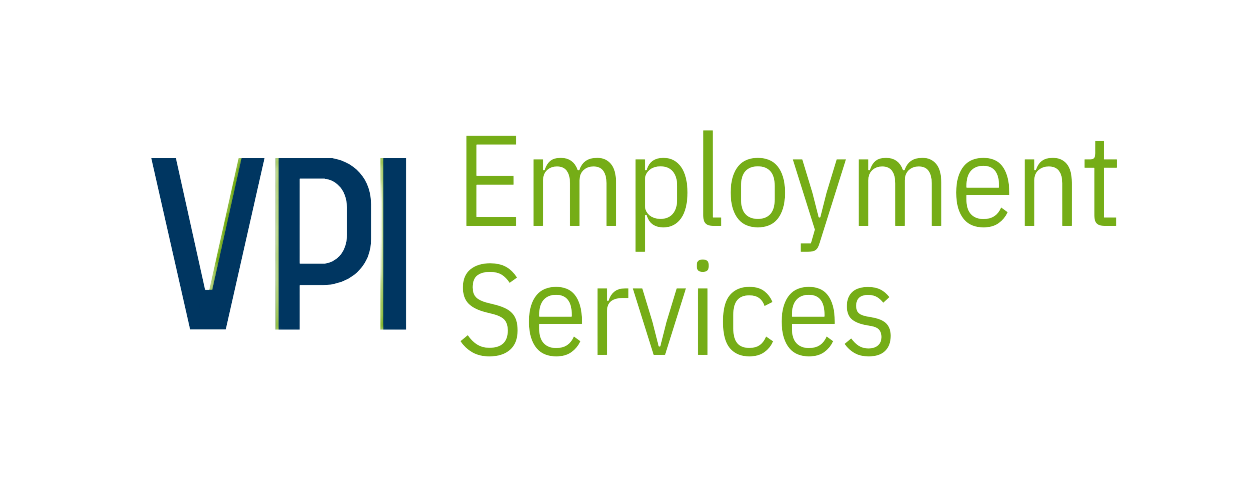Time is a luxury these days. Between personal, family and work responsibilities we seem to always be searching for more time. Everybody has the same 24 hours, but some people seem to be able to use their time better than others. Learning how to manage and control the time you have allows you to include an important skill on your resume – time-management skills.
Master your time-management skills so that you can show employers that you are the right fit for their team.
What is Time-Management?
Time-management is the practice of organizing your day to help you maximize your productivity. Great time-management skills give you control of your time – giving you the flexibility to prepare and complete tasks without the usual stress and anxiety.
Good time-management is a sought-after trait that hiring managers look for in potential candidates. Considered a transferable skill, being able to manage your time well is a proven asset that can help you in many situations at work.
Using Time-Management Skills
Time-management is not something you use only at work – you can bring this skill with you anywhere you go. So, how can time-management skills impact your life?
If you feel as though your days are packed full of things to do, and you can’t seem to find time to do the things you want, then developing your time-management skills may help you change that.
Use your time-management skills to plan out your day, week and even month so that you can properly organize your activities and set time aside for the things you want to do. Your days will seem less hectic and stressful when you start to control your time.
Benefits
Never miss deadlines
With effective time-management skills you would be proud to say, “I never miss deadlines”. Being able to properly manage your time gives you the ability to look forward and prepare for upcoming and future deadlines.
Consistently meeting deadlines can show your managers, supervisors, and co-workers that you are a reliable asset to their team.
Avoid stress
Often out of our own control, unexpected delays, errors, mistakes, and other negative surprises can have an enormous effect on our work. This is especially true when we are trying to meet targets or deadlines because such surprises can take time to fix or correct them before we can continue.
In this type of situation, it is better to be proactive rather than reactive. You can use your time-management skills to stay on track – allowing you to be flexible enough to solve any problems that may come your way without causing delays in your schedule.
Increase the quality of your work
Have you ever procrastinated to a point where you need to submit a project or assignment the night before it is due?
Most high school, university, and college students would say “yes, I have”. Procrastinating and trying to rush your work might leave you with a result that you might not be too happy about. In this situation, you are rushed, pressured and you do not have the time to think everything through clearly and since you don’t have enough time – you submit the assignment anyways.
You can avoid this stressful situation when you use time-management skills correctly. Using these skills, you can properly set aside time to complete projects or assignments so that you won’t have to cram-in-everything last minute; giving you the time to produce high-quality work.

